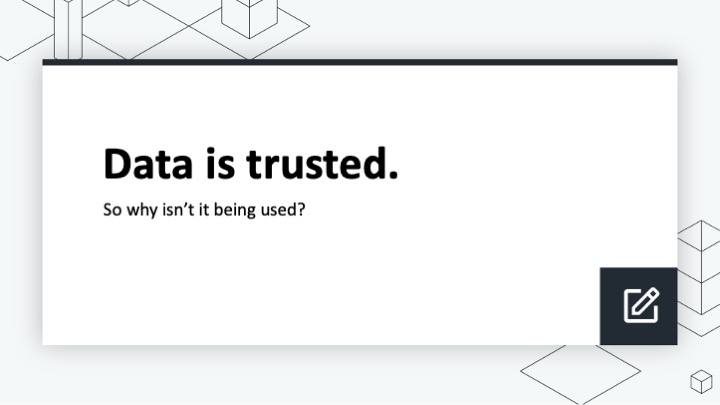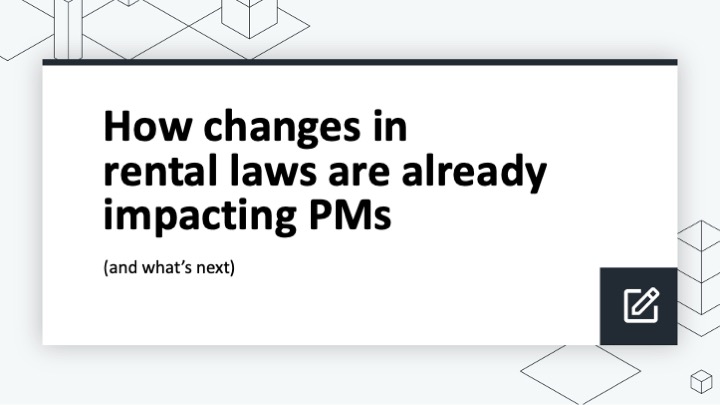In property management, it is easy to assume that the way you have always done things is the right way. If your trust account balances at the end of the month, then everything must be fine… right?
Not necessarily.
Some of the “normal” habits in trust accounting are actually risky, inefficient, or stopping your business from running as smoothly as it could. In this article, we will look at a few common practices that many property managers accept as standard, and why they might be holding you back.
Trust Accounting and ‘the comfort zone problem’
When you have been working with trust accounts for a while, it is natural to settle into a routine. You know how to receipt, reconcile, and disburse. You know the deadlines. You pass audits.
The problem is that routine can hide inefficiencies. It can also leave you exposed if legislation changes or if a small error slips through.
Here’s a one PM’s experience for you - A property manager who had been reconciling only at the end of the month for over ten years said, it was “just how we do things.” When a tenant’s overpayment sat unnoticed for weeks, it became a dispute that could have been avoided with weekly reconciliations.
“Normal” habits that cause problems
Here are some trust accounting practices that seem harmless but can lead to trouble:
1. Reconciling monthly instead of more often
Monthly reconciliation meets the minimum legal standard in most states. But waiting that long increases the risk of errors compounding over time. Weekly or daily reconciliations make it easier to catch issues before they become major problems.
2. Using manual workarounds
Some property managers still use spreadsheets for parts of the trust accounting process. This might feel quicker than learning a new system, but manual data entry increases the chance of mistakes and takes more time in the long run.
3. Delaying receipting
Holding off on receipting until you “have time” creates unnecessary risk. Payments can be misallocated or forgotten entirely, especially if a tenant uses the wrong payment reference.
4. Relying on memory instead of records
Trust accounting demands a complete paper trail. Verbal agreements or mental notes are not enough. In an audit, only documented evidence will protect you.
5. Accepting software limitations
If your current property management software makes reconciliations slow or reporting confusing, it may be time to look at other options. Settling for clunky systems just because “we have always used it” can cost you efficiency and accuracy.
How to break out of “normal”
Changing habits takes effort, but even small adjustments can improve compliance and save time:
- Increase reconciliation frequency to weekly or daily.
- Use property management software that automates as much as possible.
- Receipt payments as soon as they arrive to avoid misallocation.
- Document every transaction so you are audit-ready at all times.
- Review your processes annually to make sure they still meet best practice.
Just because something is common in trust accounting does not mean it is the best approach. The safest and most efficient property managers are the ones who regularly review their processes, adapt to changes, and avoid relying on outdated “normal” habits.
If you challenge your current way of doing things, you might find you can save time, reduce stress, and stay even more confident about your compliance.





.png)
